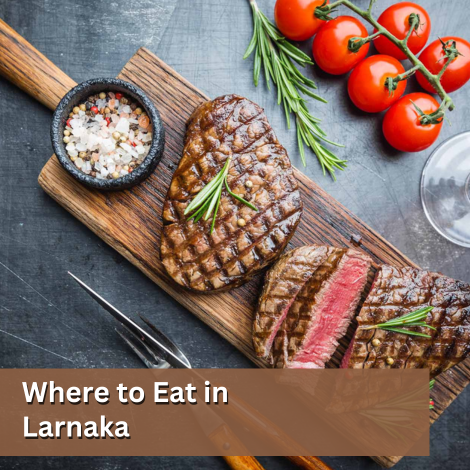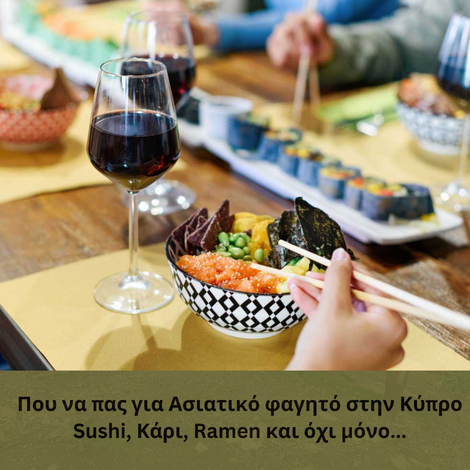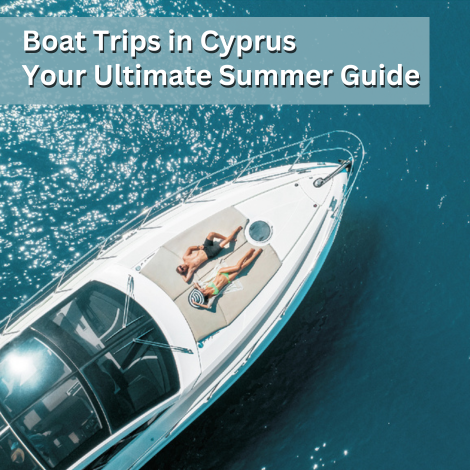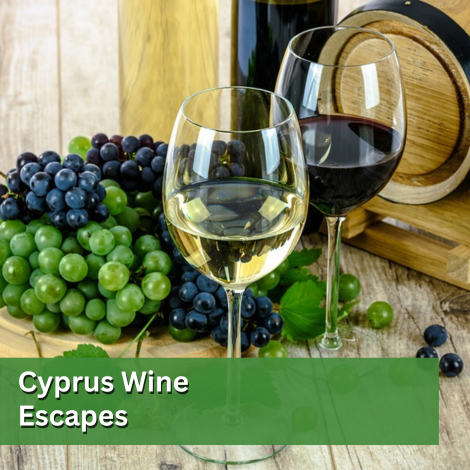Eternal student
The best student ever
'Study my child'. According to Bigge (1990), the concept of learning is directly related to the permanent change in the behavior of the individual, which is the result of experience and action. Learning has personal and individual character which means that each person learns in their own unique way. There are many changes in someone's life that take place through learning both in the field of knowledge and in skills and attitudes around life.
Learning is not completed within a specific educational context with a time limit and a specific way of implementation. Learning is a continuous process that takes place throughout life. In the modern era in which we live, there are many changes that affect our daily life and our habits, among these changes is the way of learning. There are now three learning models that work independently but also in combination:
Formal education
Formal learning is the type of education that the individual receives at all stages of education and is certified by the state. Knowledge is transferred from the teacher to the student. Formal education starts from primary school education to tertiary education.
Informal education
Informal learning consists of all the skills that the person will get during his life and arises through his interaction with others. Learning activities that take place outside of an organized educational context, in the context of free time or professional, social and cultural activities. It includes all kinds of self-education activities, with printed material or via the Internet or using a computer or various educational infrastructures, as well as the knowledge, skills and abilities that the person acquires from his professional experience. Informal education is the lifelong process by which the individual acquires knowledge, skills, attitudes and perceptions from everyday experiences and exposure to the environment – at home, at work, at play, from the example and attitudes of family and peers. friends, traveling, reading books. In general, informal education is unorganized and often unsystematic.
Non-formal education
Non-formal learning is not as widespread and involves a more experiential and creative way of learning that stems from group work. It is education provided in an organized educational context outside the formal education system and can lead to nationally recognized certificates. It includes initial vocational training, continuing vocational training and general adult education. Non-formal education is somewhere in the middle between formal and informal education as it is a more experiential way of acquiring knowledge and skills, based on voluntary participation and is learner-centred. Non-formal learning stands out from the rest because it aims to cultivate both personal and social skills, making the learning process more realistic, stimulating the learner's interest so that he can take the reins of his own learning process.
In recent years, the European Union has been intensively promoting non-formal learning through subsidized programs that take place mainly in European countries. There is a wide range of topics and the aim is, in addition to information and information on each topic (through presentations, discussions, crafts, interactive games, etc.) it is also the contact of the participants with other peoples, cultures and customs, elimination of racism, stereotypes and fear through of communication and exchange of views.
Many new models and modern teaching methods are now provided in education. Each method separately as well as their combination can contribute to the development of man so that he feels complete and ready for the demands of modern society.

 English
English
 Ελληνικά
Ελληνικά Русский
Русский




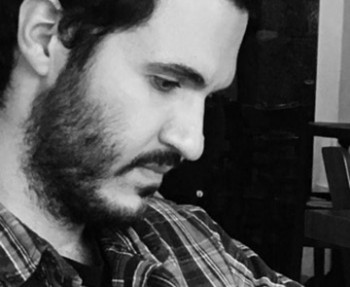 Original Article Posted by
Spyros Papapetros
Original Article Posted by
Spyros Papapetros
